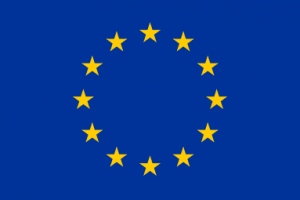A closer look into our Round Table on Proactive anticipatory policies
With the participation of more than 50 researchers, professionals and students, the roundtable organised by FEDORA last Thursday 3 November at the University of Bologna conveyed a myriad of reflections through the contributions of its 4 keynote speakers and the conversations sparked during the event. Facilitated by Dr Antti Laherto, professor in Science Education at the University of Helsinki, the event kicked off with a presentation by Dr Olivia Leverini, Coordinator and Lead of the FEDORA project. She walked the audience through the main components and achievements of the EU-funded project, which is looking deeply into the dissonances between the historic science education models and the needs and questions of modern societies. The bottom line is how to grasp the future and enable action and agency in the present through science education.
Dr Levrini highlighted that the studies, interviews and surveys deeply tried to understand interdisciplinarity from different angles and the fact that we need disciplines. They are lenses through which we can look from diverse perspectives and help to understand boundaries and moreover, inhabit boundaries. Metaphors become helpful to bring understanding to the complexity of where we live and it is here where new languages are needed and are invited to guide us through possible paths that foster actions in the present, thinking into the future.
Each of the invited speakers contributed from their field of expertise to what the conference aimed for: an active exchange of different perspectives, coming from transdisciplinary fields of work.
A poster session was installed on one side of the auditorium and participants were invited to share their thoughts and questions, while looking at the answers given by the public on "Postcards for the future".
You can enjoy the video, which summarises the whole event: Video FEDORA roundtable and our gallery with a selection of pictures of the day!
On the next day, the FEDORA project participated in the Conference on Interdisciplinarity in STEM Education organised by the IDENTITIES project. It was a synergy action that brought together 6 different European projects that are researching different aspects of science education and open schooling. For more information, please visit https://identitiesproject.eu/conference-on-interdisciplinarity-in-stem-education/
